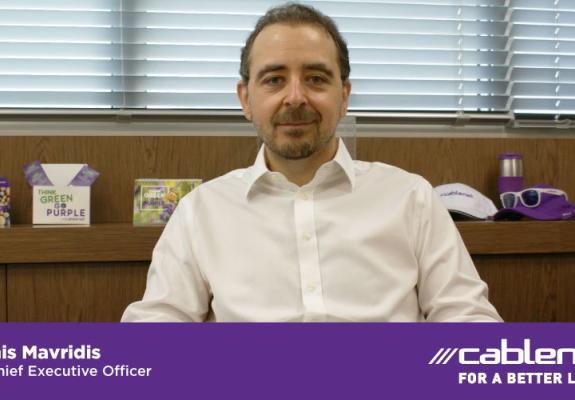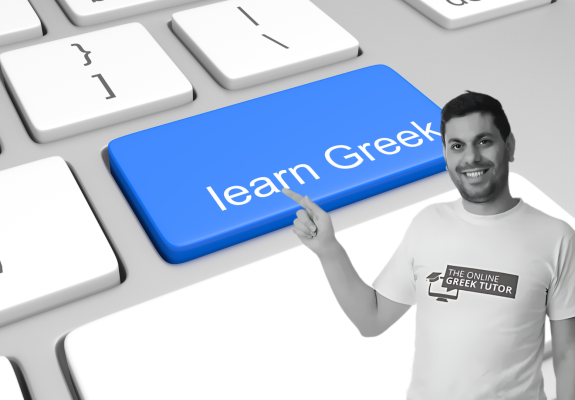Navigating the Multi-Generational Workforce in Cyprus
Embracing Diversity in Age and Experience
Cyprus is a shining example of both cultural and generational variety, especially evident in its continuously changing workforce. In today's dynamic workplace, one of the most intriguing and complex challenges that HR professionals and leaders face is managing a multi-generational workforce.
With Baby Boomers delaying retirement, Generation X in peak leadership roles, Millennials shaping workplace trends, and Generation Z entering the workforce, organizations are a melting pot of values, work habits, and communication styles.
With Baby Boomers delaying retirement, Generation X in peak leadership roles, Millennials shaping workplace trends, and Generation Z entering the workforce, organizations are a melting pot of values, work habits, and communication styles. This diversity can be a formidable asset, fostering innovation and broader perspectives, but it also poses unique challenges that demand strategic and empathetic management practices. This is further highlighted by a study conducted by PwC, according to which 39% of the CEOs, and 30% of the employees asked, stated that they don’t see their companies being around in ten years should they fail to streamline the operations between these four generations.
The key to successfully managing a multi-generational workforce in Cyprus lies in understanding the distinct characteristics and values that define each generation. Baby Boomers, born between 1946 and 1964, are known for their strong work ethic, loyalty, and preference for face-to-face communication. Generation X, born between 1965 and 1980, values independence, and work-life balance, and is highly adaptable to technological changes. Millennials, born between 1981 and 1996, are tech-savvy, value flexibility, and are driven by purposeful work. The newest entrants, Generation Z, born after 1997, are digital natives who seek stability, diversity, and inclusivity in the workplace. However, according to an article published by Deloitte, “a key element in the ability of employees to adapt may not be age, but rather trust and support.”
In Cyprus, where personal relationships and face-to-face interactions are deeply valued, the digital preferences of younger generations can create a communication divide. Addressing this requires a thoughtful integration of traditional and modern communication methods. Emphasizing personal interaction in the workplace, while also embracing digital platforms for efficiency, can create a harmonious communication environment that respects all preferences.
Emphasizing personal interaction in the workplace, while also embracing digital platforms for efficiency, can create a harmonious communication environment that respects all preferences.
When trying to bridge a gap between several separate parties with their own distinct skills, desires and needs it is very important to be adaptable and flexible, as this allows you the luxury to facilitate a sense of collective comfort and satisfaction.
As stated in this article published by Harvard Business Review, “Flexible work arrangements bring an added advantage to employers because they enable expansion of their talent pool of workers who may otherwise be unavailable due to geographic, transportation, scheduling, or other constraints.”
Adapting workplace policies to the diverse needs of a multi-generational workforce is particularly pertinent in Cyprus, where family and community play a central role in societal values. To harness the strengths of a multi-generational workforce, organizations must develop inclusive policies that cater to the diverse needs and preferences of all employees. Flexible working arrangements, such as remote work options and flexible hours, can appeal to employees across generations, particularly those seeking a better work-life balance. Continuous learning and development opportunities are also crucial, as they not only address the evolving skill requirements of the modern workplace but also cater to the career aspirations of employees at different life stages.
Creating a workplace culture that values respect, inclusivity, and collaboration is essential in managing generational diversity.
Creating a workplace culture that values respect, inclusivity, and collaboration is essential in managing generational diversity. Encouraging open dialogue about generational differences and stereotypes can help dispel myths and foster a more inclusive environment. Recognition programs tailored to appreciate the unique contributions of employees from each generation can also enhance morale and engagement.
In an economy increasingly influenced by technological innovation, Cyprus must balance its technological adoption with sensitivity to generational comfort levels. Introducing user-friendly technologies that enhance collaboration, coupled with personalized training, can ensure that technological advancements are accessible and beneficial to all generations within the workforce.
In Cyprus, managing a multi-generational workforce is not just about addressing challenges; it's about weaving a cohesive tapestry that reflects the island's unique blend of tradition and modernity. By fostering effective communication, inclusive policies, and a culture of respect and collaboration, Cypriot organizations can harness the full potential of their diverse generational talents. This approach not only strengthens the workforce but also mirrors the broader societal values of Cyprus, creating a resilient and vibrant business landscape in the heart of the Mediterranean






